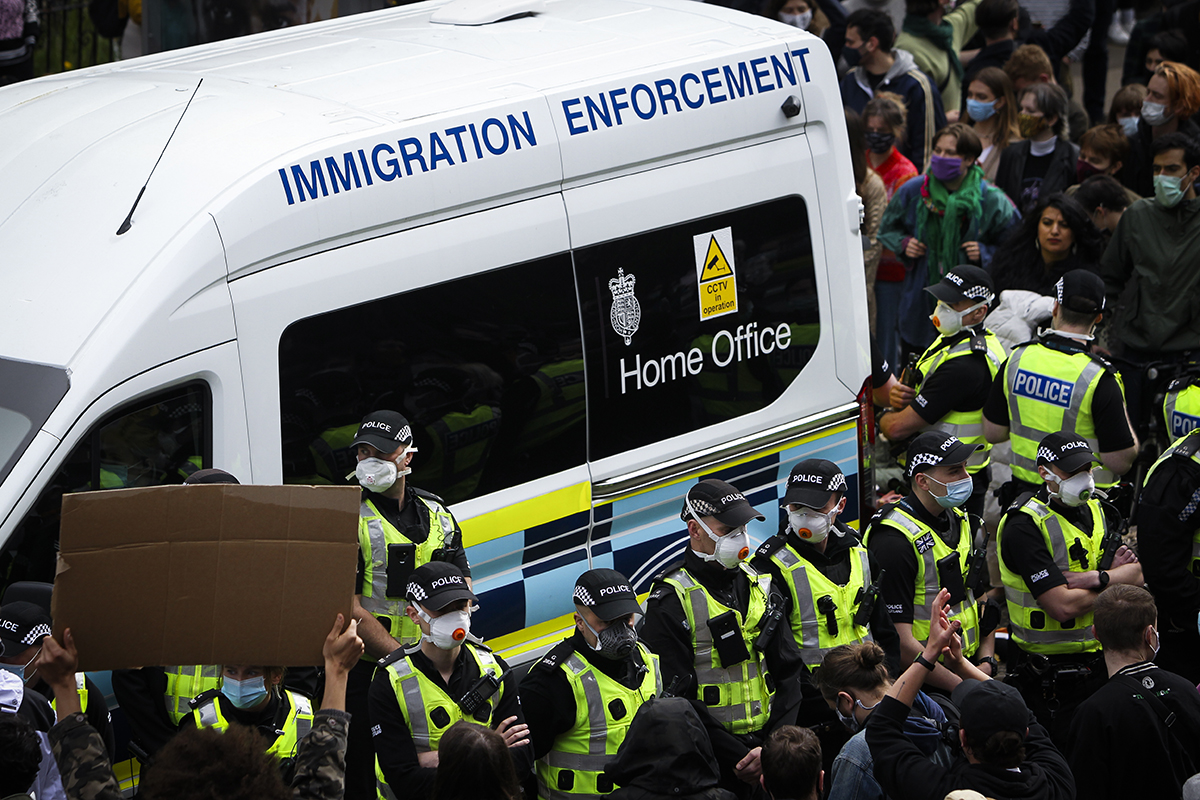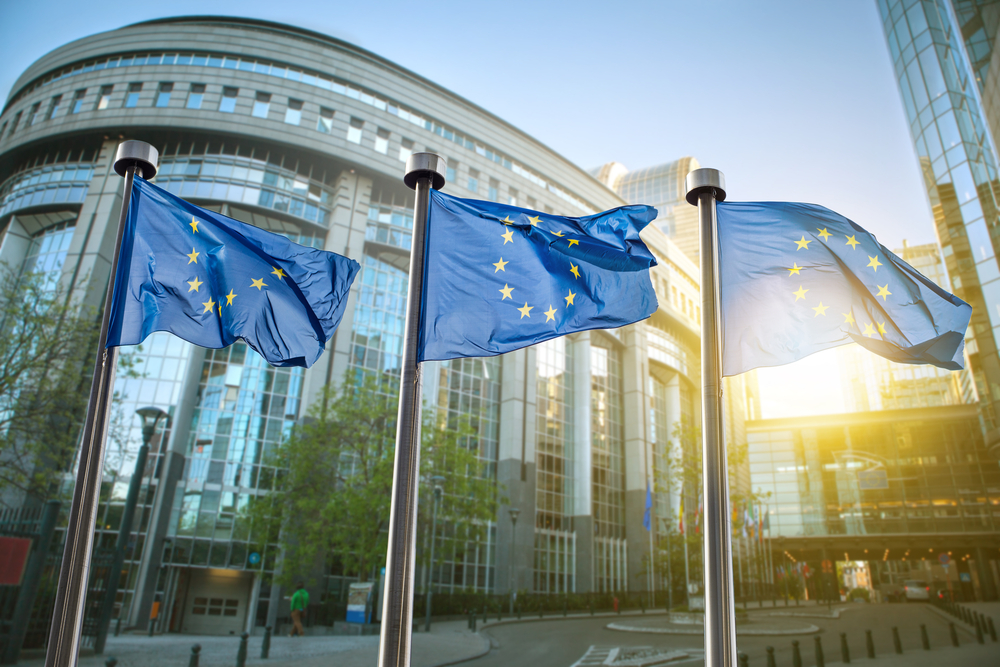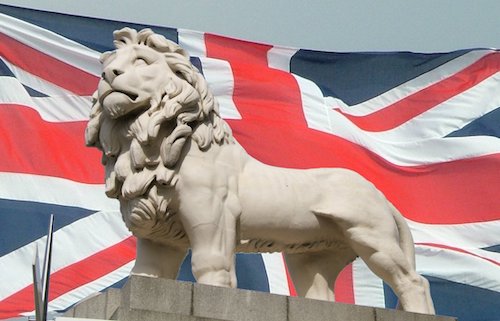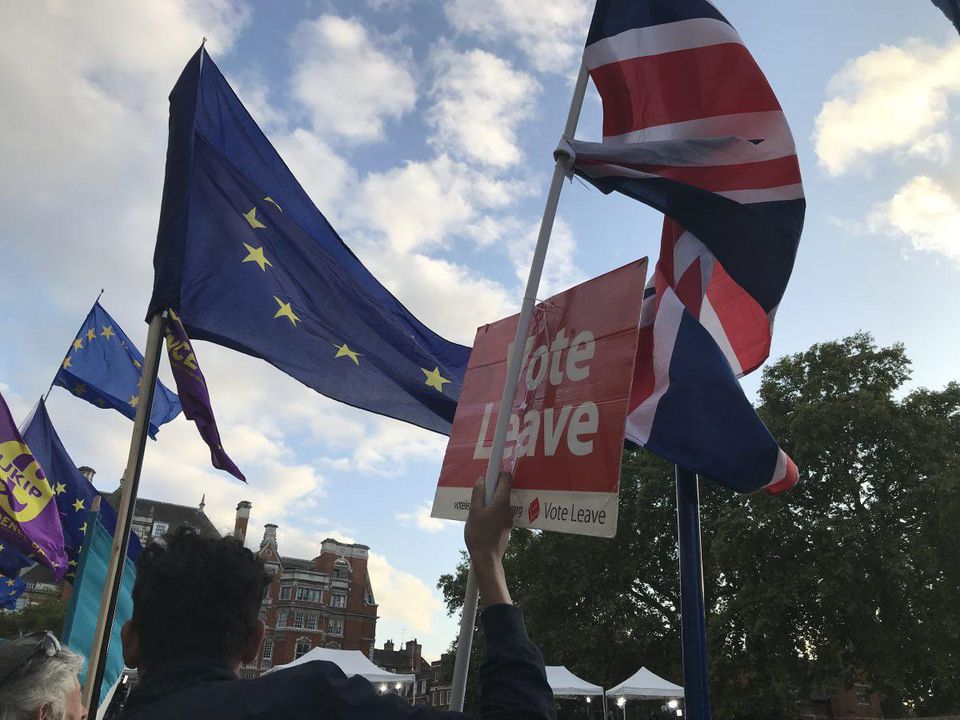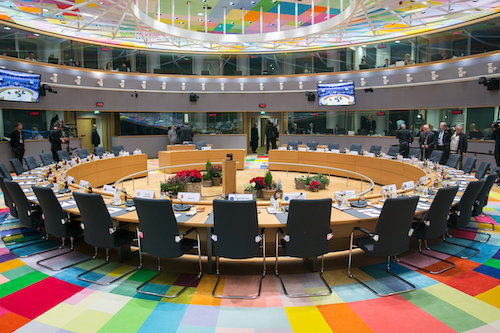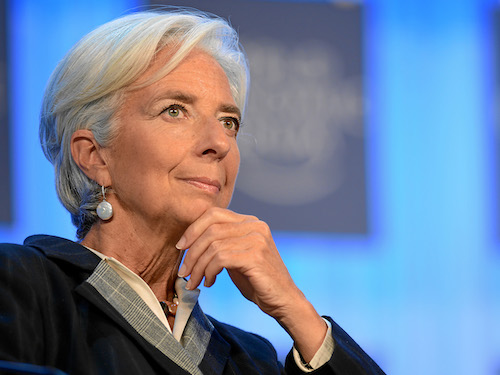August 21, 2024
European Discontent: Immigration and National Identity
Recently, I toured a notable American cathedral that, as a parish, had been founded by pre–Revolutionary War French immigrants. When our group came to a panel that included images of four martyrs who had evangelized different European peoples, our docent told us the story of St. Continue Reading...
